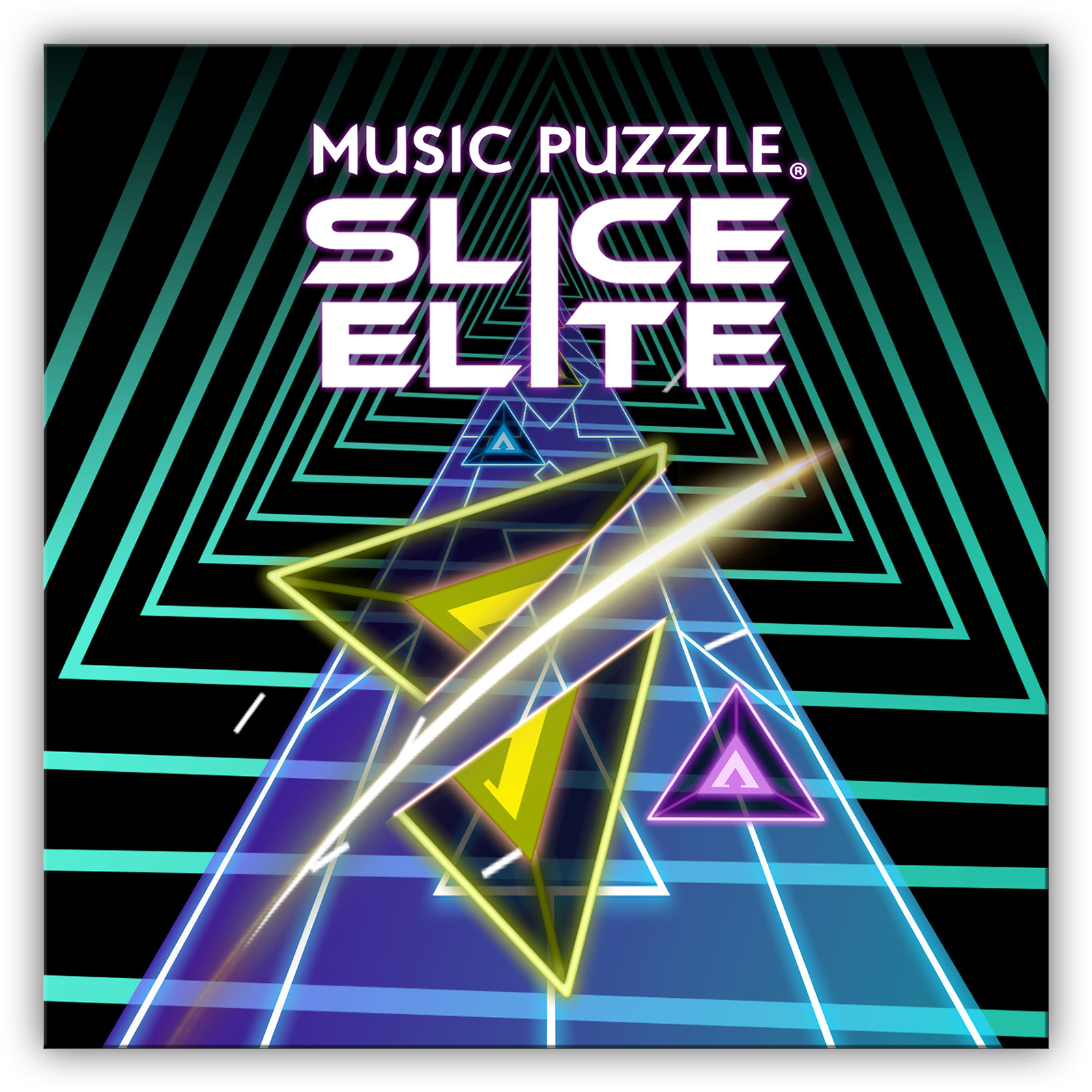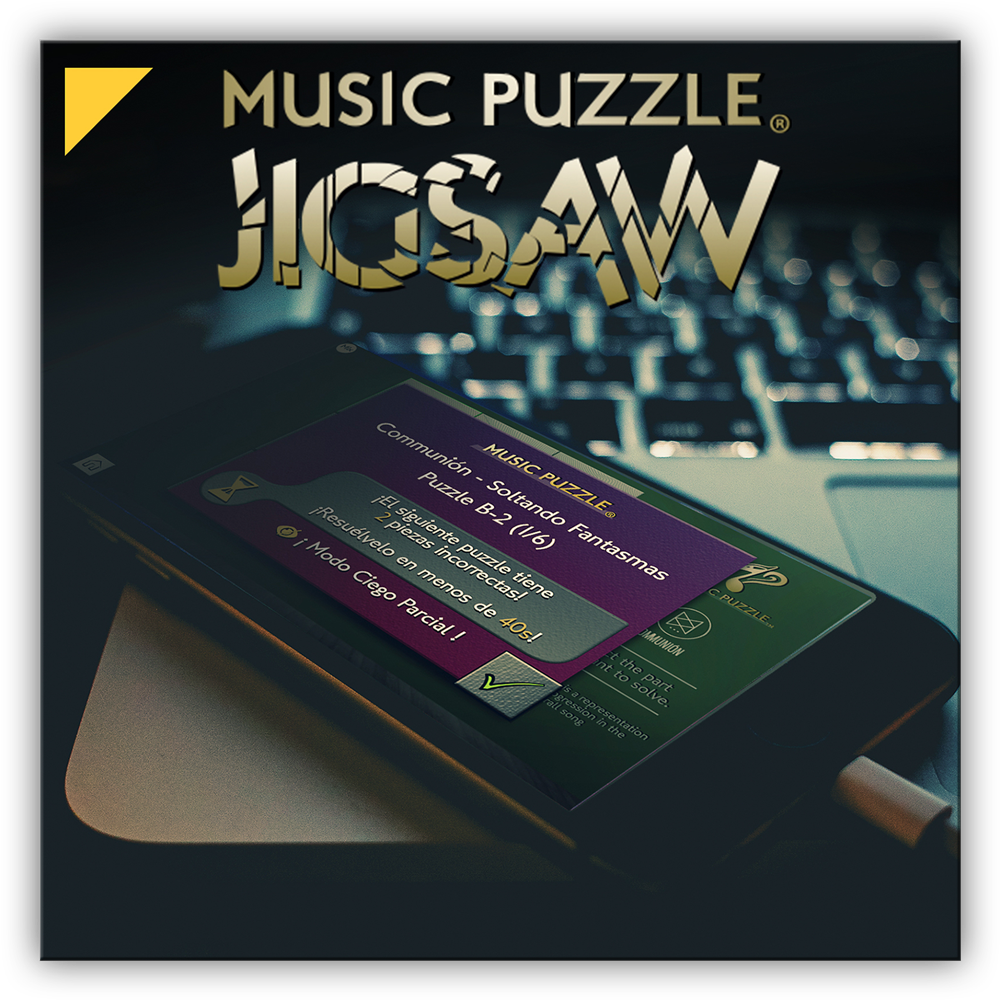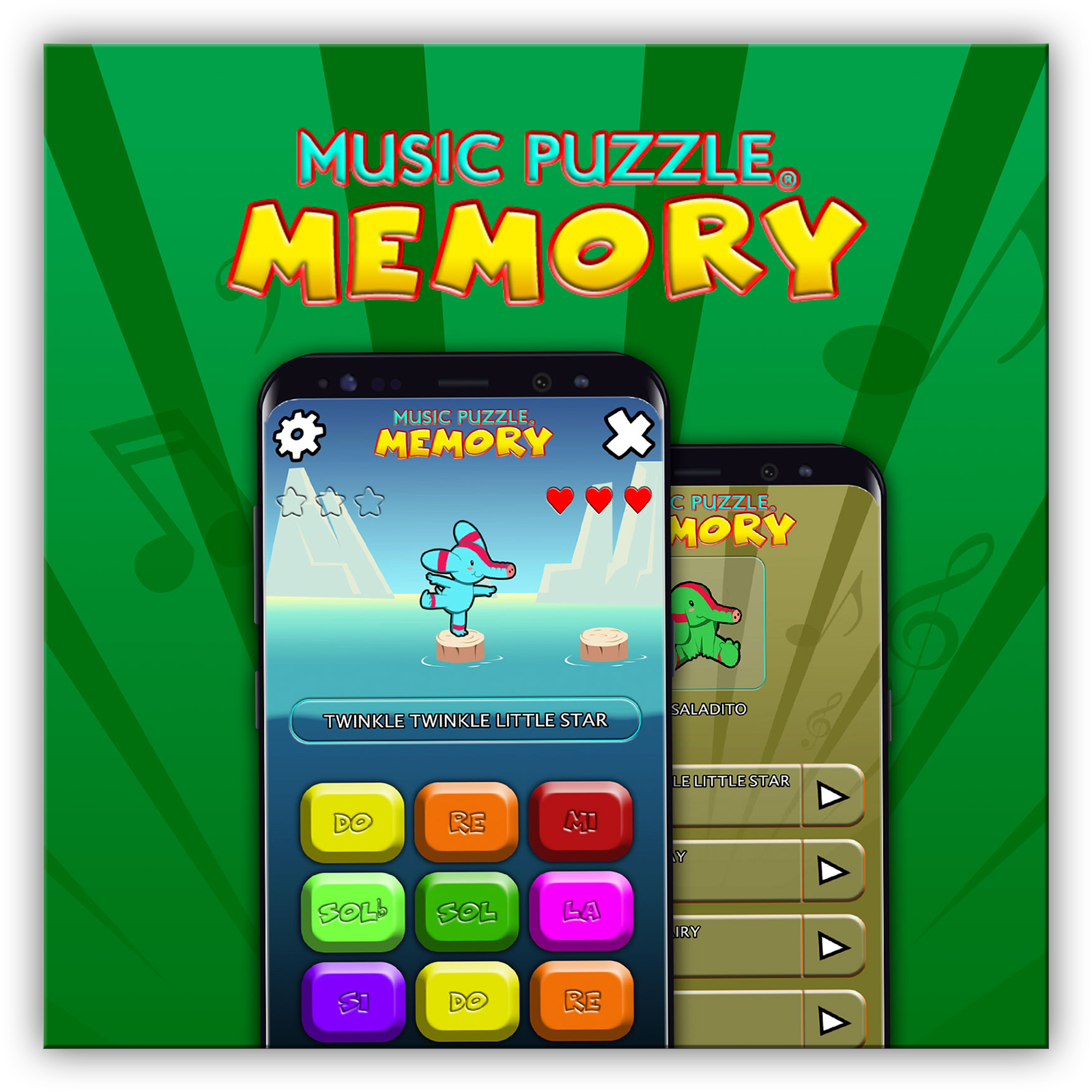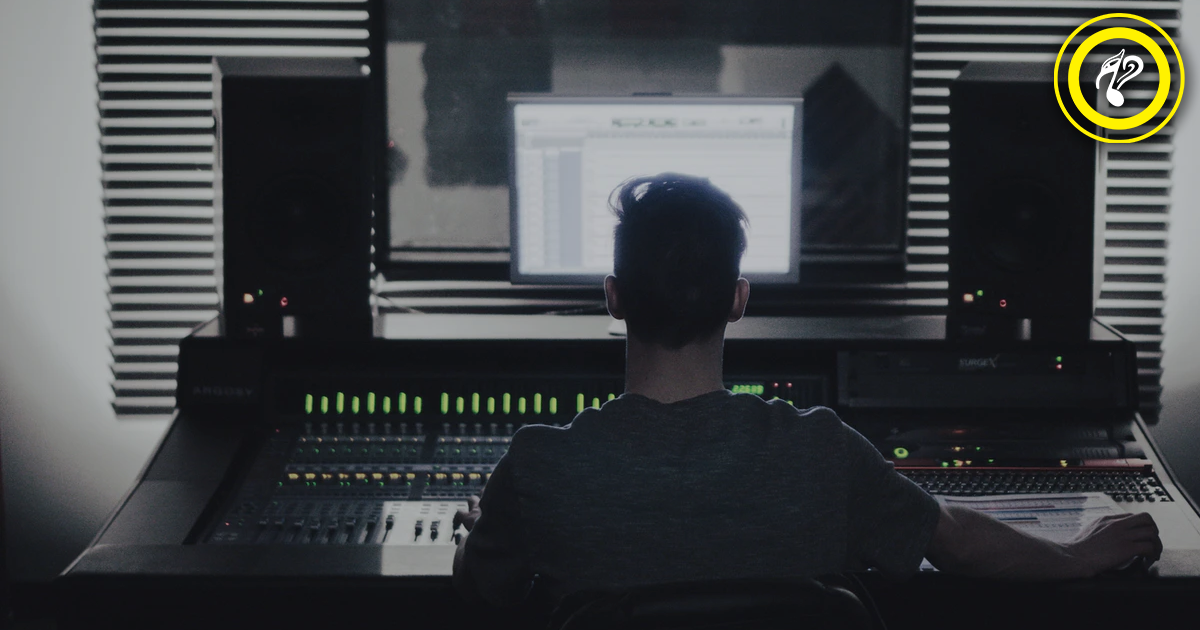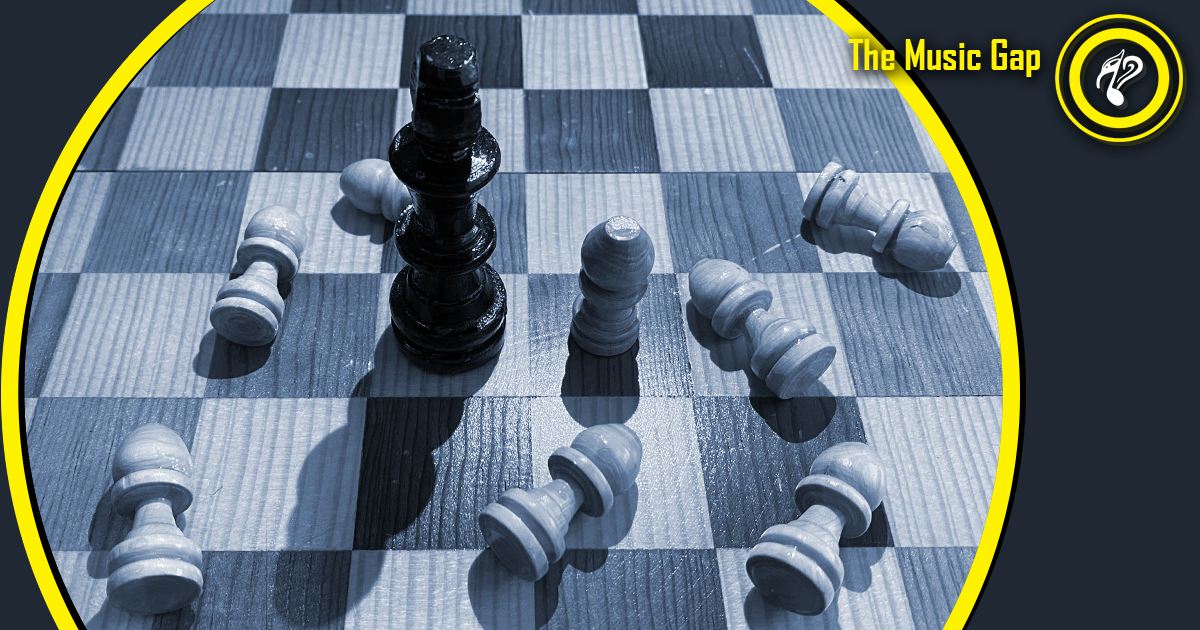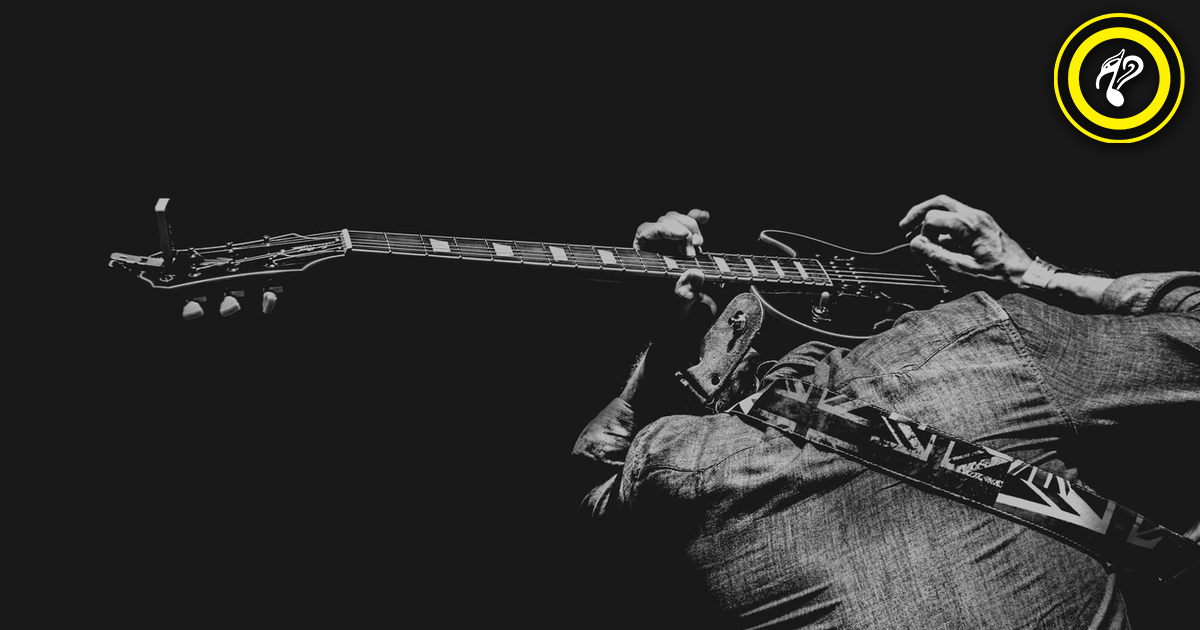Musical paralysis
Moche culture’s depiction of facial paralysis. 300 AD, Larco Museum Collection, Lima, Peru

When I was younger and I would go up an elevator, I would listen to the music that was playing and say, "Oh, elevator music!" It was, in general, classical music, jazz or some musical genre of past days.
Years later, in these new trendy co-working spaces, before the pandemic, elevator music became music by The Cure or Depeche Mode.
These days, that same elevator music spreads to the hallways and even the cubicles as if everyone had to love listening to other people's music. I used to love those bands, but thanks to listening to them all day, I almost began to hate them, but I digress, let’s get back to the topic of the day.
When the music you used to listen to becomes elevator music, you suddenly start to feel old. You probably don’t realize it, but it’s actually something bad. I mean yeah, you keep listening to your everyday CDs, your favorite playlist, and customary radio station, but those not-so-new music radios know their audience.
The audience ages in sync with the radio and its broadcasted music, this isn’t a secret to the station, that’s why they subtly add new music just so there’s something new to listen to, but it’s not a totally brand new song, nor different from the previous one, this way they don’t drive away their pubic... Or maybe not. Anyway, that’s how I’d do it if I owned a radio station, but then, all of a sudden, you’re faced with a rude elevator and this metallic, suspended piece of box tells you the truth:
“The music you listen to is so old, it’s become my music and you didn't even realize it. Now go to the bathroom and count your gray hair and wrinkles, have a happy day, geezer! 😂 Ding! 🔔 "
If you go to the world’s encyclopedia (the internet) you find endless articles saying that there’s an age when you stop discovering new music. What’s more, this pathology has a name, it’s called musical paralysis.
According to a Deezer study, at the age of thirty we stop finding new music. And, according to Spotify, at the age of thirty-three we all suffer from this disease.
Some reasons Deezer came to are: A demanding job (16%), childcare (11%), and being overwhelmed by so many new options (19%).
Basically:
- There is no time to waste looking for new music.
- And it is also difficult to look for it because there’s too much.
To tell the truth, those reasons seem too convenient to me, there’s always time. Finding new music isn’t difficult. Especially now that streaming can advise you on music based on what you listen to versus what others listen to. What people lack is will.
Spotify mentions that nostalgia also plays a role.
This explanation is interesting. It means that rather than not having time to look for new music, we just like to return to our roots because it reminds us of better times. Nostalgia Radio. Forever.
But then, does this mean that every human being is condemned to be trapped in the past? That doesn't sound true, I think some of us like to venture into the future and discover new things. So why is it then, that even though we like to discover new things, we still find ourselves listening to our old music? This doesn’t happen neither with movies, nor video games or plays. We don’t spend time playing the same game or watching the same movie over and over and over again. It may happen with food, but not at the same extent.
I’d like to propose two theories. Maybe some scientists have already mentioned or demonstrated them, or maybe these are products of my imagination and are completely unfounded.
Most certainly, knowing why we don’t like listening to new music isn’t going to change the world, but I like taking my time to understand things and I hope you do too.
- The first theory is physiological: Our brain is developed during our childhood and youth, it establishes neuronal connections according to the information received. It adapts to receive that info with even more precision. That’s why it is easier for a girl or a boy to learn to pronounce new languages perfectly than it is for adults.
The same could happen with music. During youth, the brain adapts to the music we listen to and perfects itself to enjoy it even more, this way it learns to recognize every detail and give it a pattern to appreciate similar music. That is where a liking for certain musical genres develops.
As we grow older, with these brain connections established, new music is no longer recognizable to our brain and so we begin to hear nothing but random noises rather than music. This makes us more prone to listen to songs we already know, because our brain developed in such a way that we appreciate that music. And so we avoid new music.
For more information on how our brain interprets music, we recommend this article: Why do we dance?
- The second theory is psychological: This takes root from the nostalgia theory mentioned above. But it’s not about nostalgia, it’s about a music-emotion relationship, which I’ll explain below:
We know that human beings remember life as a succession of periods: when you were a boy / girl, when you went to high school or college, when you were at university, when you had a girlfriend / boyfriend, when you worked in a company, when you had a son / daughter, etc.
We also know that emotions are finite: sadness, serenity, fear, love, loneliness, drunkenness and others ...
Lastly, we know that music and emotions are like Peter and Pan, they always go hand in hand. To learn more about this relationship, we recommend our article "The Emotional Objective within Musical Production".
You go on living your life and "collect" periods. Sad ones, happy ones, stressful ones, times with a boyfriend / girlfriend, and so on, so much so that at a given moment, you may have experienced all the existing emotions in human life (since emotions are finite), that’s when you end up associating music with these emotions. When you look for new music, you associate it with emotions. And the music found becomes a companion, someone to spend such emotion with.
Have you never felt melancholic and purposely listened to “melancholic music” because that’s what you enjoy the most when feeling blue? Or the other way around, do you listen to a certain song whenever you want to dance? What about when you want to sing? Do you have a certain song for every emotion?
Don't deny it, it’s probable you do the same with your friends, you talk to certain friends when you’re sad, when you want to have fun, or when you need advice for a difficult situation.
At that moment, once you’ve associated music with emotions, you no longer have the need to look for new music, because you already have a trustworthy musical companion for every situation. Those songs become your best friends and you don't need many, just a few. Those that provide security.
Every once in a while you might find a new song, but you’re no longer actively looking for it.
Since people generally settle down around the age of 30, they don't have many new periods in their lives any more nor new emotions, they’ve too many "musical life companions". That’s when they no longer search for new music.
Except those that have new experiences. Moving out to another country, or having adventures, those who refuse to settle down are the ones who could find new music beyond that age. And so do we, music lovers!
Which theory do you like best? Which songs do you associate with which emotions?
Sources:
https://www.t13.cl/noticia/tendencias/paralisis-musicalconoce-edad-dejamos-escuchar-nuevas-melodias https://www.researchgate.net/scientific-contributions/7464300_Matthew_D_Schulkind
Image Credits:
Header image based on image By CC BY-SA 3.0, https://commons.wikimedia.org/w/index.php?curid=8023317
If you enjoyed the article, you'll love these games:
